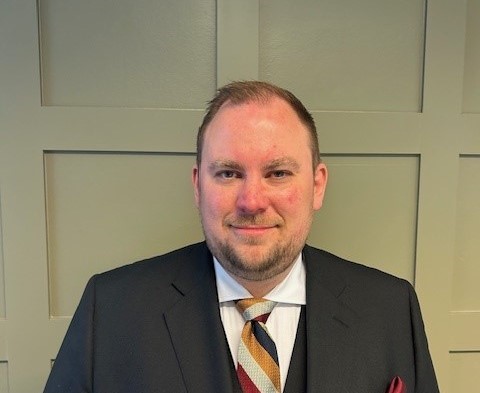There are a number of key authorities that deal with the engagement of Article 2 with regard to the provision of medical treatment. Running through the authorities of R (Parkinson) v HM Senior Coroner Kent, Dartford and Gravesham NHS Trust and Dr Hijazi (Interested Parties) [2018] EWHC 1501 (Admin) following on from Lopes de Sousa Fernandes v Portugal (Application no. 56080/13) (ECtHR Grand Chamber, 19 December 2017), we appear to arrive at the confirmed position, that it is only in very exceptional circumstances that the responsibility of the State under the substantive limb of Article 2 may be engaged in respect of the acts and omissions of health care providers, and such exceptional circumstances can exist where an individual patient’s life is knowingly put in danger by denial of access to life-saving emergency treatment.
These exceptional cases go beyond mere error or medical negligence, in which medical staff, in breach of their professional obligations, fail to provide emergency medical treatment despite being fully aware that a person’s life would be put at risk if that treatment is not given. In such a case it was held the failure will result from a dysfunction in the hospital’s services and this will be a structural issue linked to the deficiencies in the regulatory framework.
It was held in Parkinson that the healthcare professional must ‘knowingly’ or be ‘fully aware’ that a patient’s life would be put in danger if life-saving medical treatment was denied. The Court did not find that the healthcare professional could, in the alternative, recklessly or carelessly put the patient’s life in danger in order for Article 2 to be engaged. Moreover, a healthcare professional who seriously underestimates the condition of the patient, and does not provide life-saving medical treatment as a consequence, does not knowingly put the patient’s life in danger, since they do not know or appreciate such treatment is necessary.
The current health crisis will necessarily provoke a reticence for a paramedic, for example, to seek to admit a potentially seriously-ill patient to hospital for obvious reasons. This must now have a further bearing on where the line is to be drawn in determining the failure to act in the light of an appreciation of a presented risk. Submissions must now be entertained, in light of the pressures of the current health crisis. On one view, and in certain current circumstances, the engagement of Article 2 must retreat further into the distance.


